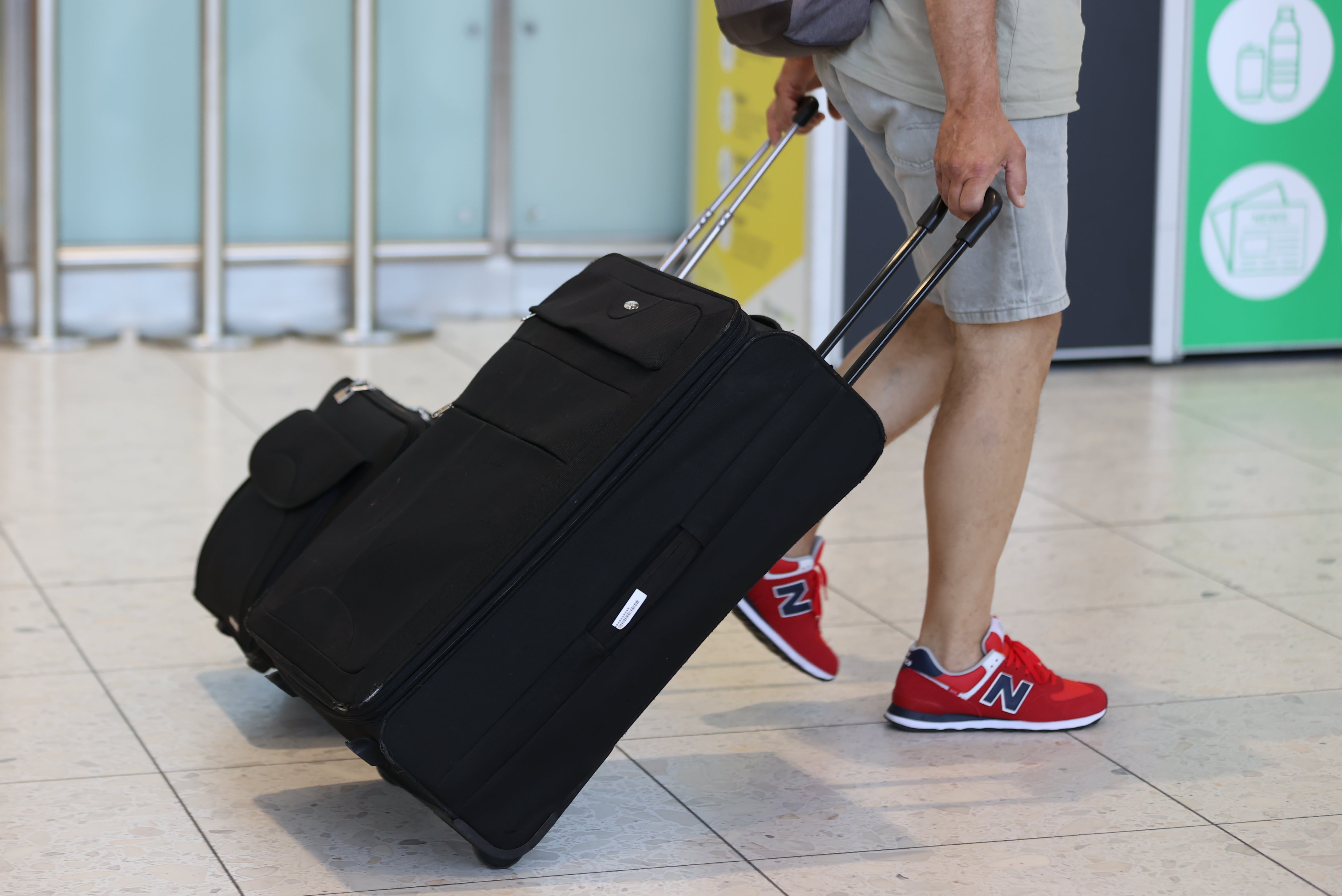The red list may have finally gone – but the damage to the UK travel industry has already been done
The removal of the final seven countries from the government’s travel list feels like too little, too late, writes Helen Coffey, and restoring faith in holidaymakers will be no easy task


The news on 28 October that the UK’s red list would finally be a “list” in name only – with zero countries left on it – should have been good news for the travel industry.
After months of waiting for the most onerous of restrictions to be lifted, holiday companies can, from 1 November, sell trips to anywhere they please, safe in the knowledge that no lengthy (11-night), costly (£2,285 per solo traveller) stint in hotel quarantine will await travellers when they return to the UK.
But it was in muted tones that industry figures “welcomed” the announcement – almost as if they couldn’t quite muster the energy to get excited about it.
“Latin American countries have excellent vaccination programmes and recognition of this is long overdue,” was the Latin American Travel Association’s response to the news that the final seven red list countries – all of which are in Latin America – would join the rest of the world.
Although there are no countries left on it, though, the red list still exists – with the potential for any country to be designated “high risk” in the Department for Transport’s continuing tri-weekly updates.
“We will keep the red list category in place as a precautionary measure to protect public health and are prepared to add countries and territories back if needed, as the UK’s first line of defence,” tweeted transport secretary Grant Shapps.
For travel businesses, it remains an invisible guillotine hanging above their heads.
Clive Wratten, chief executive of the Business Travel Association, expressed concern that the continued existence of the list – and quarantine hotels – “does not give travellers the confidence that they need”.
Paul Charles, chief executive of the travel consultancy The PC Agency, put it even more bluntly: “The red list has been kept in place far too long and done enormous damage to consumer confidence to travel.
“It has been the cruellest of policies, causing enormous financial and mental distress when there was no justification for such last-minute country changes.
“There has been a total lack of transparency around the red list decisions and I hope that the independent review into the government’s handling of travel will focus on this in great detail to ensure it is never used again.”
The trouble is, for the UK’s battered travel industry – which has seen the government impose some of the harshest restrictions for inbound travellers anywhere in Europe – even the wholesale purging of the red list feels too little, too late.
From banning all international travel far too late in the pandemic to make scientific sense, to the ever-changing travel corridors of 2020; from the endless complication of the traffic light system, to an expensive travel testing scheme that seemed more designed to make a quick buck for cowboy companies than to provide any public health benefit – every decision made by the department for transport has cut a little deeper.
Numerous previously successful travel companies have gone bust during the pandemic. The ones that remain are clinging on for dear life, attempting to convince confused and uncertain Brits to regain confidence in booking holidays once more. After the 18 months we’ve just had, it will be a Herculean task.
Yours,
Helen Coffey
Travel editor
Join our commenting forum
Join thought-provoking conversations, follow other Independent readers and see their replies
Comments
Bookmark popover
Removed from bookmarks